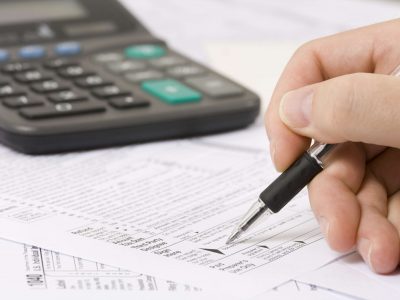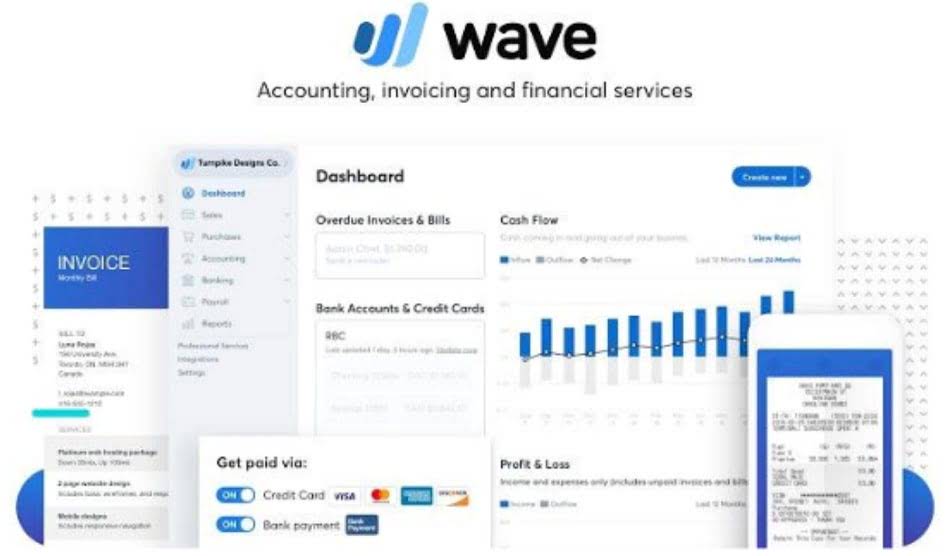
They wield analytical expertise, investigative prowess and advanced technology tools to identify financial discrepancies. CPAs can build professional experience in fraud investigation before taking the CFF certification test. In certain instances, forensic accountants may be relied upon not to investigate a particular financial crime but rather simply analyze and make predictions about overall forensic accounting examples trends in the field. The field of forensic accounting has been developing and changing rapidly for the past decade, especially amid emerging laws and regulations regarding fraud, finance, and data privacy. Meanwhile, periods of corruption in modern history (such as the savings and loan scandal of the ’80s and ’90s) have spearheaded the demand for more robust forensic accounting techniques.
Investigating financial crimes
- At the very least, most employers will look for candidates with a bachelor’s degree in accounting, forensic accounting, or another related field.
- This team of experts helps Finance Strategists maintain the highest level of accuracy and professionalism possible.
- Their investigations may lead to significant revelations, lending strength to fraud prevention efforts and contributing to the overall financial health of the organization.
- Benford’s law (mathematical tool) is used to differentiate between a mistake and a deliberate fraud.
Many, but not all, forensic accountants are also certified public accountants (CPAs). CPAs are accountants with a specified amount of experience and education who have passed the CPA exam. While this certification isn’t required, it can help increase forensic accountants’ job prospects and pay and gives them credibility when testifying in court. Until people stop being dishonest, the world needs forensic accounting professionals.

Accounting Tips: The Important Things to Look at When Finding a Good Small Business Accountant
- Fraudulent insurance claims are a prevalent issue in the United States, and many insurance companies are seeking ways to crack down on them.
- Forensic accountants play an important role in detecting and deterring financial crime by using their skills to help organizations manage risk and reduce the chances of fraud.
- One of the benefits of using a forensic accountant is that it provides detailed research and analysis of financial information.
- By investigating financial discrepancies, forensic accountants help protect stakeholders and maintain trust in the financial systems that underpin capital markets.
- This can provide you with a starting point to understand more about forensic accounting.
- Forensic accountants offer a lifeline, providing the clarity needed to solve contentious financial issues.
Forensic accountants provide the court with the necessary information to discuss and debate any situation they may be presented with. The process of forensic accounting involves examining and reconstructing financial transactions to determine their legitimacy. It can be used to investigate financial crimes such as fraud or money laundering and requires careful analysis of financial records. Forensic accountants use various techniques to identify anomalies in the data that may be indicative of criminal activity, such as quantifying the data or analyzing personal characteristics related to the individuals involved. Additionally, they may employ analytical methods like Benford’s law which allows them to predict patterns in data that may be predictive of misconduct. The accuracy and success of a forensic accounting project will depend on accurate data collection and careful analysis by qualified professionals.

Key Hard Skills for Forensic Accountants
- Forensic accountants often review accounting systems and practices related to criminal and legal investigations.
- Through their trained eyes, revenue manipulations, inflated assets, hidden liabilities, or suspicious transactions come to light.
- By upholding these ethical principles, forensic accountants contribute to the integrity of financial systems and the pursuit of justice.
- In the public sector, law enforcement agencies often hire forensic accountants to conduct investigations related to financial crimes as well as provide expert witness testimony and other legal support in the courtroom.
- From pilfering office supplies to siphoning off funds through complex billing schemes, asset misappropriation can take various forms.
The concept of the fraud triangle is pervasive in the auditing standards and governs much of the work that is required of auditors. Through their scrupulous examination of financial records, forensic accountants can identify red flags such as unusual payments, discrepancies in accounting records, or inexplicable wealth accumulation. Armed with sophisticated data analytics tools and a profound understanding of financial systems, these experts deftly identify red flags, follow the money trails, and unearth potential fraudulent schemes. These financial specialists delve deep into financial statements, audits, and transactions to unravel irregularities, discrepancies, and fraudulent activities.
Cyber-Crime and Money Laundering: Contemporary Tools and Techniques.
Furthermore, knowing financial systems and procedures and strong written and verbal communication skills will help them provide the most effective testimony possible. The ability to analyze data, investigate damages, trace funds, etc., all help support any claims made by the individual or company during legal proceedings. Could somebody within the organization try to embezzle money, or could a fraudulent transaction go through the financial statements and end up being issued? In the past decade, the world of forensic https://www.bookstime.com/ accounting has become both more specialized in skills and broader in scope. CPAs were not the driving force behind the savings and loan scandal of the 1980s and 1990s; while regulations were lax and the real estate market was speculative, the role of the forensic accountant was unknown in the period. As much as the trend toward specialization may be simply evolutionary, it is still worth noting that the need for the field of forensic accounting as an applied science has become greater over the decades.
Financial Fraud

Forensic accounting is a complex and ever-changing field, so it is important to gain specialist knowledge and keep up with the latest developments. You can use online courses to gain the entry-level forensic accounting skills and knowledge necessary to build upon an accountancy degree and start a career in this field. To work as a forensic accountant, you will need to be a certified public accountant (CPA). In some cases, the findings of a forensic accounting investigation can lead to litigation. In such cases, you may be asked to provide expert testimony or support during the trial.

 Electronics & Computers Page
Electronics & Computers Page Property
Property Fashion & Beauty
Fashion & Beauty Farming and Industrial
Farming and Industrial Cars & Vehicles
Cars & Vehicles